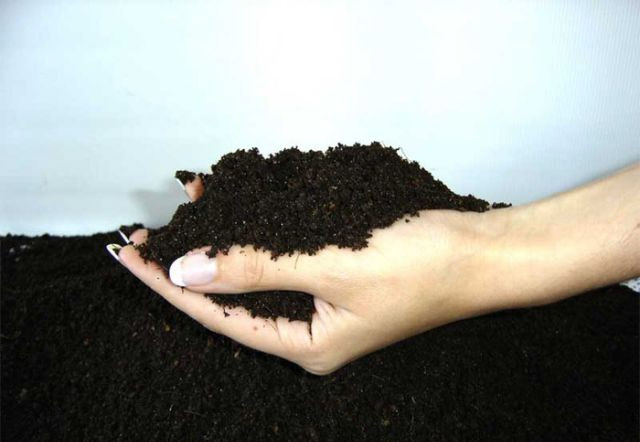What is vermicompost?

Vermicompost (biohumus) – is an organic fertilizer, the product of process of the breakdown of organic agricultural waste by earthworms
(most commonly - Eisenia foetida and Lumbricus rubellus) and bacteria, with participation of other organisms (insects, fungi, etc).
The essential difference of vermicomposting from other organic fertilizers is the increased content of water-soluble forms of nitrogen, phosphorus and potassium. Trace nutrients also evolve into more agile form.
In the process of vermicomposting weed seeds pass through the body of the worm and lose their germinative capacity. In addition, in comparison with manure, the reduced content of E. coli is evidenced in the vermicompost product. The toxicity of heavy metals is also reduced due to their transition to complex compounds of low solubility, almost inaccessible to plants.
Like all organic fertilizers, vermicomposting improves soil structure and its water-physical properties. Earthworms and microorganisms necessary for normal soil functioning, metabolic by-products (coprolites), as well as plant hormones that accelerate plant growth, are introduced into the soil together with vermicompost.



